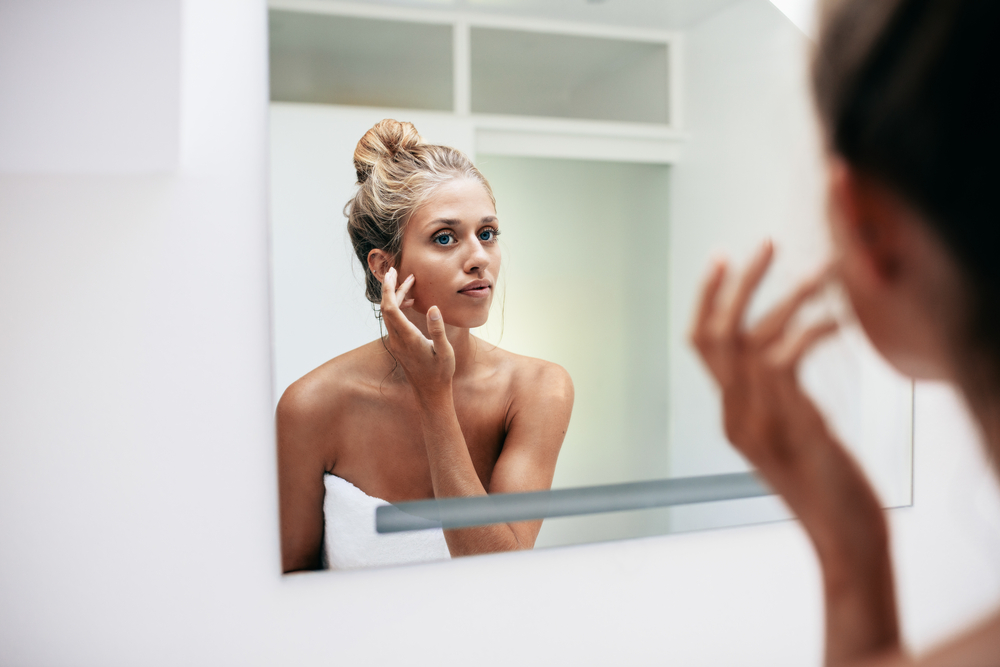For some, the vegan diet is a smart choice for staying healthy and eating well. But for women, it might not be the best diet. Why? Women health experts say it doesn’t nourish women and support a healthy cycle. If you follow the vegan diet, here’s how it might be affecting your body – especially if you have period problems.
Women need nourishment to ovulate
Why should women avoid the vegan diet? According to naturopathic doctor, Lara Briden, it all boils down to the important metabolic challenge women have every single month: ovulation.
In order to ovulate, the woman’s body must be well-nourished. If the hypothalamus (the command center of the hormonal system) notices that the woman isn’t receiving optimal nutrition, it can (and does) “cancel” ovulation for that month.
This can lead to irregular periods, missing periods, and most importantly, hormonal imbalance. This affects not only the woman’s menstrual cycle, but her overall health, too.
The vegan diet may not provide enough key nutrients
Many of the necessary nutrients women need, like zinc, iron, selenium, vitamin A and iodine, come from animal proteins. And while it’s true you can find these nutrients in plant foods, they are much more available and accessible to the body when they come from animal proteins.
Another key nutrient to consider is the amino acid, taurine. The body can make taurine, but when women are under stress, have insulin resistance, or if their liver isn’t functioning optimally, the body has a harder time making it’s own taurine.
Why is taurine important? It can help prevent PMS, according to Mark Hyman, M.D., Medical Director at Cleveland Clinic’s Center for Functional Medicine.
What are the top sources of taurine? Animal proteins. Shellfish, like clams, scallops and shrimp, along with cold-water fish, lamb, dark chicken meat and eggs, all provide women with taurine and many other key micronutrients necessary to protect their cycle and support ovulation.




